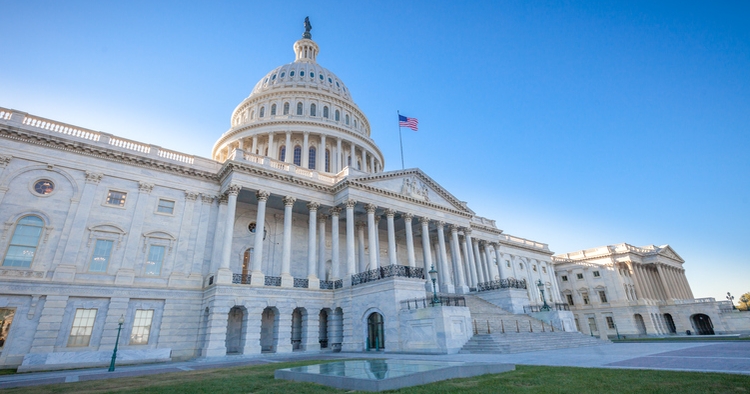
By Steve Meller, PhD
Forget CO2. The most urgent and impactful climate challenge we face today is cutting methane, a greenhouse gas over 80 times more potent than carbon dioxide in the near-term. And the chief culprit, according to the EPA’s latest data? Agriculture, with cattle burps and manure responsible for a whopping 36 percent of total U.S. methane emissions – a bigger share than oil and gas.
Nature has provided a powerful remedy to livestock methane emissions, one that’s been hiding in plain sight all along: a specific species of seaweed called Asparagopsis. My company, CH4 Global, has spent five years developing an Asparagopsis-based feed additive that can slash methane emissions from beef and dairy cattle by up to 90%. By harnessing the natural compounds in this unassuming aquatic plant, we can transform the methane footprint of the beef and dairy industries virtually overnight. It’s already being scaled up abroad and supplied to commercial customers, but we need Congress to act swiftly to unleash its potential here in the United States.
Imagine the impact if every cow in America was munching on methane-busting seaweed. We could empower the United States to become one of the first countries in the world to meet its pledge of cutting methane emissions by 30 percent by 2030. But here’s the snag: Outdated FDA regulations have so far kept this climate solution out of reach for the U.S. market. For decades, the Food and Drug Administration has treated seaweed and other natural feed additives as drugs, and has subjected them to the same lengthy, costly approval process as a new animal antibiotic. It’s like forcing a seaweed salad to go through pharmaceutical trials.
If we want to unleash the power of Asparagopsis and other innovative feed additives, we need Congress to throw this fledgling industry a regulatory life raft. Enter the Innovative FEED Act: a bipartisan bill that would create a dedicated, streamlined and, hopefully, efficient approval pathway for certain feed additives that – like Asparagopsis – only act within the GI tract of animals to provide critical environmental and animal health benefits.
Passage of the FEED Act would be a sea change. Farmers could finally access proven additives already being used abroad, and innovators like CH4 Global could bring new solutions to market rapidly – without sacrificing a shred of scientific rigor in ensuring safety and efficacy.
The farm economics of feeding Asparagopsis to cattle are compelling: At CH4 Global, we’ve engineered our Asparagopsis-based additive to be easily incorporated into existing feed without requiring any changes to current practices. But we’ve also innovated relentlessly to make it profitable for farmers, even without subsidies – a novel concept. Moreover, feedback from farmers indicates that when cattle don’t spend energy producing methane, they become more efficient at converting feed into meat and milk – a potential further boon for producers’ bottom lines.
The Innovative FEED Act is a unique opportunity to empower American cattle and dairy producers to lead the global charge on methane reduction. Livestock farmers and feedlots are eager for cost-effective tools to shrink their emissions footprint and stay competitive as major beef and dairy buyers set ambitious climate targets. By passing this bill, Congress can give them access to the solutions they need, without sacrificing a shred of productivity or profitability. It’s a win-win for farmers, innovators, consumers, and the planet.
To the members of Congress holding this legislation’s fate in their hands, I have one message: Seize this moment. The EPA’s methane math is unforgiving. Our planetary clock is ticking. America’s cattle are burping. And Asparagopsis is ready to save the day – if only you’ll let it. Pass the Innovative FEED Act, and let’s turn the tide on methane. It’s time to moo-ve.
Steve Meller is CEO of CH4 Global, headquartered in Henderson, Nev.
